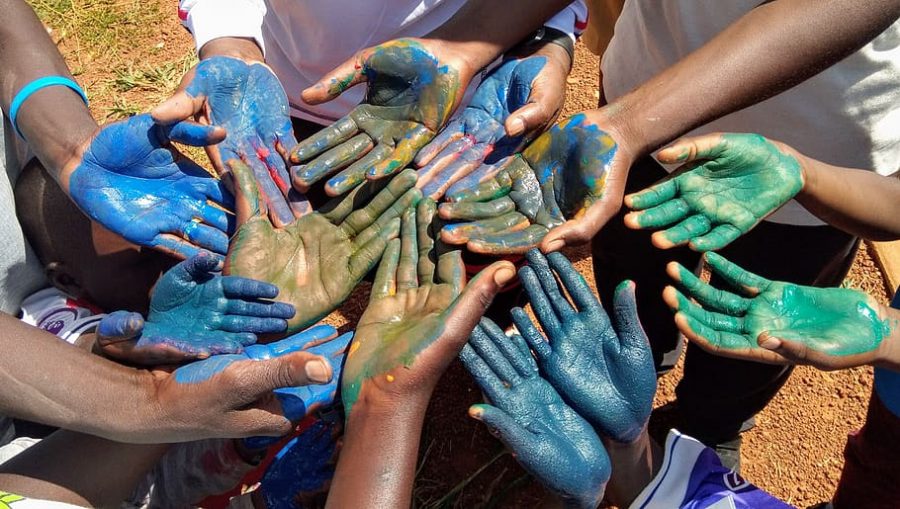How schools approach unity
January 9, 2020
Recently, the Teacher Unity Council came up with a survey that listed multiple different scenarios and situations related to race, gender, sexuality, age and religion. The purpose of this survey was to test how racist, sexist, homophobic, and/or close minded the student body is.
Many students have voiced negative opinions on the matter, not about the idea of the quiz in general, but because of the wording of the questions. For example, one of the questions was “How uncomfortable would you be if a group of black males came towards you?” In my opinion, that is an unfair question because as a female teen I would be concerned and uncomfortable if any group of males came towards me. The author(s) should have added a second question or reworded the question by saying “how uncomfortable would you be if a group of males came towards you.” So then, it would be seen as a matter of comfort and self-preservation and not one of race. Another question was “How would you feel if your dentist had HIV?” I felt like that question was irrelevant, because I doubt people would be discussing sex-related medical conditions with their dentists.
I understand that the quiz had the intent of making people realize if they were racist or if they were uncomfortable in different situations, but anyone can lie on a survey, especially since the students were instructed to complete it during academy time, where their friends can also influence their decisions. In a classroom, other peers make loud comments that could have someone second-guessing what they answered with. The school should have had us take the quiz at home, in a private setting where students can feel more comfortable to be honest, and the students send the results in so they can create a chart/graph of the information. What was the point of this survey if the information is not being used to start meaningful conversations about its content?


Niya • Jan 16, 2020 at 9:31 am
I strongly agree with this opinion on the survey. I understand the purpose of it, but the word choices were poor and they could have expanded on more diverse topic for students to read.